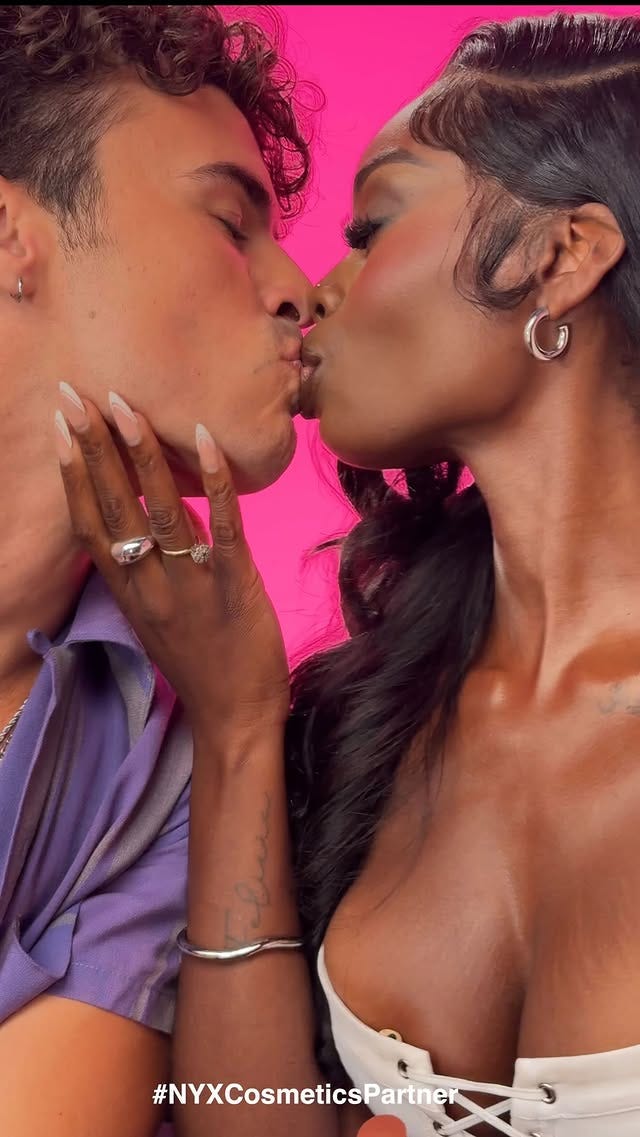ELF vs. NYX: A Battle of Affordable Beauty Branding
This week in Spin Class: Two drugstore darlings, two very different plays. Who nailed the brief and who fumbled the bag?
This summer has been full of PR blunders across entertainment, politics and consumer brands. From the mishandling of the Epstein case to the Sydney Sweeney–American Eagle campaign that sparked discourse around eugenics, one theme stands out: the rollback of diversity, equity and inclusion (DEI) is showing its costs.
DEI initiatives were never about box-checking; they were about bringing different voices to the table so brands could avoid blind spots. Without those perspectives, leadership teams (who still overwhelmingly look the same) default to decisions rooted in their own limited worldview. The result? Campaigns that not only alienate or exploit marginalized groups but also make the decision-makers themselves look incompetent.
That dynamic is on full display with e.l.f. Cosmetics, which recently found itself in the hot seat. The brand’s stumble highlights how quickly things can go wrong when brands ignore cultural context (especially in contrast to how competitor NYX has been executing talent partnerships with far more authenticity).
Talent Reputation Matters More Than Creative Context
E.l.f. launched a parody courtroom ad starring comedian Matt Rife and drag queen Heidi N. Closet as “affordable beauty attorneys.” The campaign was meant to humorously position e.l.f. as the defender of consumers against overpriced makeup.
But for audiences, the concept didn’t matter – Rife’s reputation did. He was widely criticized for a domestic violence joke in his 2023 Netflix special and for dismissive responses to backlash. For a brand whose core customers are women, putting him front and center came across as careless at best, antagonistic at worst.
And let’s be clear: Heidi N. Closet’s inclusion couldn’t offset the damage. Instead of signaling inclusivity, her casting looked like tokenism – a way to neutralize Rife’s baggage rather than a genuine celebration of diverse talent.
Beauty influencers like NikkieTutorials condemned the move and fans quickly organized boycotts. Even after the ad was pulled and apologies were issued, the narrative didn’t reset. Audience perception stuck, proving once again that trust is far harder to rebuild than to maintain.
Authentic Agility Wins
While e.l.f. scrambled, NYX Cosmetics leaned into an opposite playbook – agility rooted in authenticity. The brand partnered with Love Island USA fan-favorites Nic & Olandria (aka “Nicolandria”) after Olandria’s lip combo using NYX’s Butter Gloss in Lava Cake went viral.
This collaboration felt organic because it was. Nicolandria weren’t parachuted in for optics – they were already driving buzz around the product. NYX amplified the story their audience was already telling. And, guess what? The combo sold out almost instantly.
Agility works when it’s authentic. Fast-moving campaigns succeed when they amplify real cultural momentum rather than trying to manufacture it.




